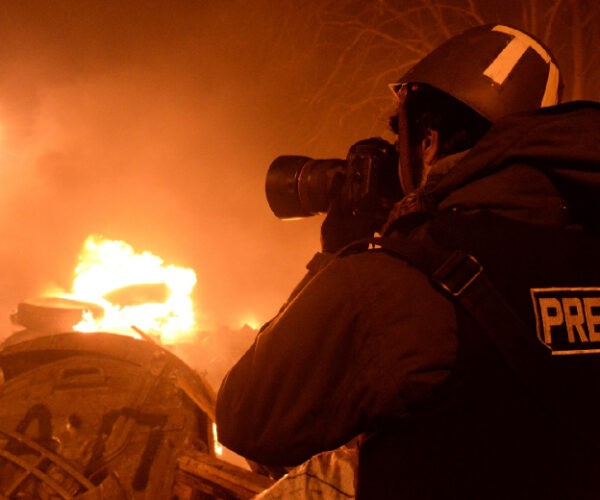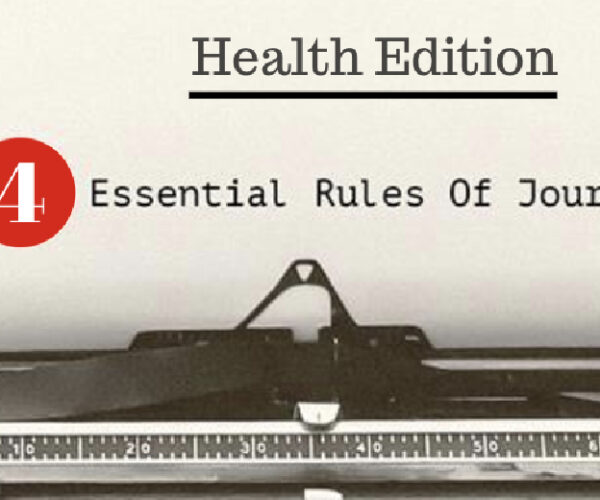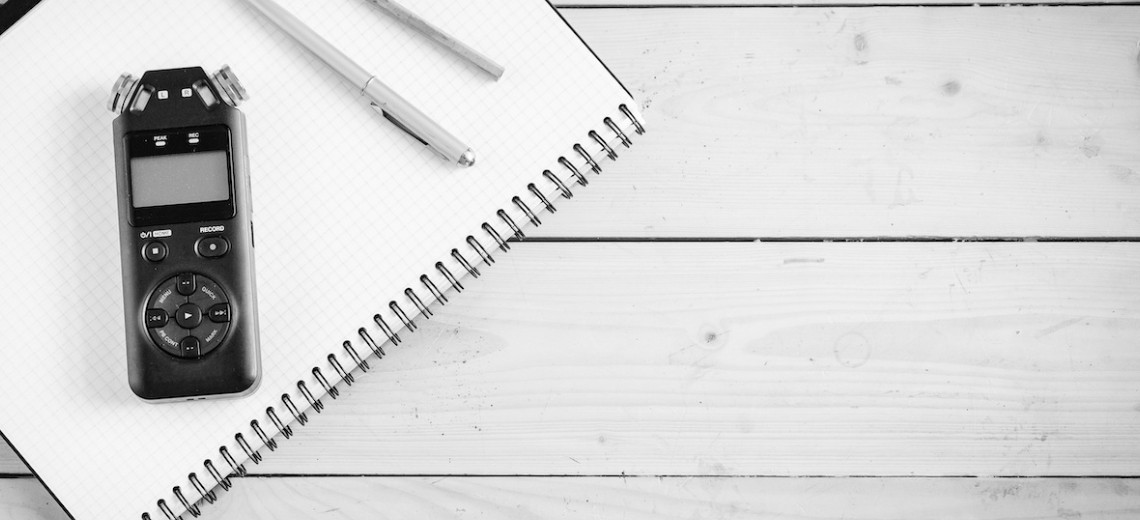What Is An Investigative Article?
An investigative article is the most intensive form of reporting. It includes gathering, verifying and evaluating information at a much deeper level than quotidian news. The time involved in an investigative feature can take a few months to long years.
Quite often, one article requires the teamwork of multiple reports and editors. The topic of the feature is generally around corporate wrongdoing or corruption in politics. An investigative report is usually published as a series of features. In this blog, we give you a short guide with five tips on how to start an investigative article.
First, Find Your Story And Gather The Documents
To find an investigative story, you can either look for something that surprises you or for abuse of power. While an element of surprise is excellent for such stories, the wrong use of power is the primary root of most investigative features. Look at multinationals, government agencies and any people who hold a lot of influence to find a story.
Once you have the crux of the story, start finding documents that sport it. They could be emails, memos or handwritten notes. Such paperwork confers authority to use and give the journalism a sheen of honesty. A few tips of collect written sources of information are:
- Directly ask the people involved in the story to share crucial documents. Don’t take “we’ll send them to you” as an answer. Always leave with the material.
- If you have time, then go through the official channels to get the documents.
- Create two lists. One that details all the documents you need and two that describes the tactics you can use to gain them.
Always think of hidden documents that may exist around the topic and how to get your hands on them. When you have all the paperwork, organise it. Make copies of each page and save everything.
Second, Interview Sources And Write The Story
Get in touch with any person, participant or witness connected to the story. Set-up an interview. An email introducing yourself and the article idea works well. Politely ask if they can help you. If a reply doesn’t come back in a few days, go knock on their doors.
For the interview, use these tips:
- Do your homework on the person you are going to interview to be better prepared.
- Conduct the interview with the assumption that the person will be ready to talk about everything.
- Always ask any follow-up questions for clarity.
Finally, write the investigative feature. Start with a rough draft without worrying about the style of writing. Give the draft to a trusted reader and then make changes. Polish the story with details to establish credibility. Lastly, proofread to catch all mistakes.






